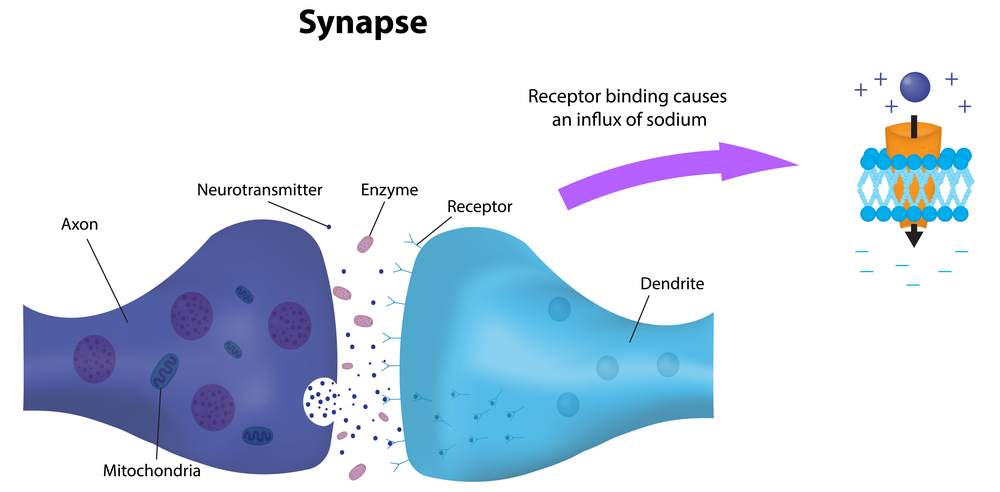Calcium Genes Control Memory Performance in Alzheimer’s Patients

In a new study entitled “Genetic Analysis of Association Between Calcium Signaling and Hippocampal Activation, Memory Performance in the Young and Old, and Risk for Sporadic Alzheimer Disease” a team of researchers discovered a common group of genes that control human memory performance in healthy young and old individuals, as well as in those at risk for Alzheimer’s disease. The study was published in the journal JAMA Psychiatry.
Episodic memory, defined as our ability to retrieve a memory with all its details, is a task that decreases with age but it is also a feature of neurodegenerative diseases, such as Alzheimer’s disease. Genetic studies have shown there are specific genes controlling memory performance in healthy subjects but also during the development of Alzheimer’s disease.
In this study, a group of scientists at the University of Basel decided to investigate whether a defined group of genes is controlling episodic memory in both healthy (young and elderly) and diseased states. As such, the team designed a multicenter study where they analyzed the genetic profile of the participants. These included a Swiss cohort with 3,043 healthy young adults; the German Study on Aging, Cognition, and Dementia in Primary Care Patients cohort with 763 elderly participants (without any sign of dementia); and the International Genomics of Alzheimer’s Project case-control sample consisting of 54,162 participants (17,008 patients with sporadic Alzheimer’s and 37,154 control participants). Besides the genetic profile, the analysis included functional magnetic resonance imaging (to establish a parallel between genes and differences in brain activity related to episodic memory) and episodic memory performance.
The team identified a specific group of genes, in both young and elderly patients, that controls memory performance in cognitive healthy and diseased states. The significant expressed genes belonged to a pathway that controls the concentration of calcium ions in the cell, and are crucial regulators of memory performance in healthy young and elderly adults. Furthermore, authors identified these calcium genes and the increase in cellular calcium as risk factors for Alzheimer’s disease, which is in agreement with previous findings in model organisms that showed the key role of calcium signalling to regulate molecular processes underlying memory.
The authors highlight their findings reveal a consistent and robust association between calcium signaling pathway genes and human episodic memory performance, which allows a deeper understanding and potential treatment for neurocognitive diseases.






